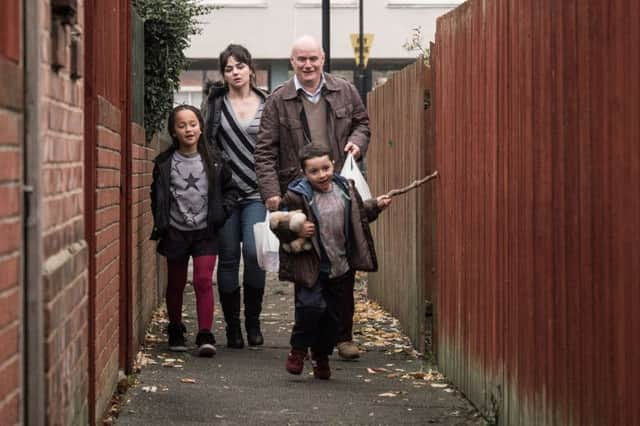Readers' letters


It is concerning that the country is almost split down the middle between EU remainers and leavers, and the difference between the two groups of only 3.8 per cent is extremely small.
Upon looking into the statistical significance of the figures, I discovered the following.
Advertisement
Hide AdAdvertisement
Hide AdFirst, May’s Theorem states that simple majority voting is the only anonymous, neutral, and positively responsive social choice function between two alternatives (K.O. May, Econometrica, 20, 680 – 684, 1952). Put simply, this means that the Yes/No referendum vote on leaving the EU was the fairest way to reach a decision.
The next question to ask is whether the result was statistically reliable since it was so close. The answer to this is offered by the Z-test for the difference between two proportions – the proportion that voted Yes and the proportion that voted No.
With 51.9 per cent voting Yes, and with a total of 33.57 million voters, the result of the calculation is 160, which far exceeds the conventional numerical threshold for a reliable result.
This means the referendum result was reliable.
The reason for its reliability lies in the large number of participating voters.
Advertisement
Hide AdAdvertisement
Hide AdWe may therefore conclude that, statistically speaking, the British people voted convincingly to leave the EU.
However, I do not believe the statistics adequately deal with the current situation with the country roughly split in two.
It seems intuitively wrong to take half the country in a direction they do not want, whichever way the election went, and this is why I believe that a binding decision to leave should only be made after the negotiations are complete, and May’s Law means that this should be by referendum.
BW via email
society
Impacts of austerity
The Ken Loach film, I, Daniel Blake, powerfully highlights the impacts of austerity by focusing on the now brutal, uncaring benefits system.
Advertisement
Hide AdAdvertisement
Hide AdIain Duncan-Smith says it doesn’t fairly represent the work of the Department for Work and Pensions but hundreds of personal testimonies shared since the film was released suggest it represents the tip of a growing iceberg. The DWP’s own data found that, between 2011 and 2014, 2,380 people died or committed suicide shortly after being declared fit for work by the Work Capability Assessment. I, Daniel Blake, outlines a rapid downward spiral which leads to acts of desperation – often done to buy food and clothes and pay the rent for young families.
The Government only has a majority of 12 and many backbench MPs seem ready to rebel over other issues.
If opposition parties work together they can defeat the Government and stop some of the austerity measures which target the most vulnerable. But this can’t happen while party infighting continues and Labour fail to perform their role as the leading opposition party at Westminster.
Eamonn Ward
Address supplied
society
Charity bag deliveries
The people who deliver the charity bags sure start early.
First one through the door 6.35am. The next at 11am and now another at 4.30pm.
Advertisement
Hide AdAdvertisement
Hide AdI don’t see the need to put the bags through, just a leaflet would do. If you wanted to help the cause you can always pop it in a bin bag. Talking of those, I haven’t bought any for ages, I get a regular delivery to my door three times a day.
JG via email
by email